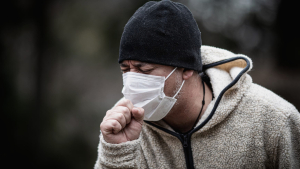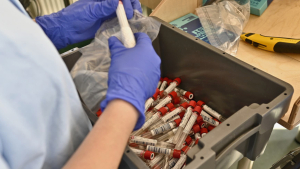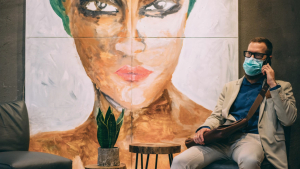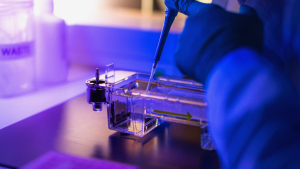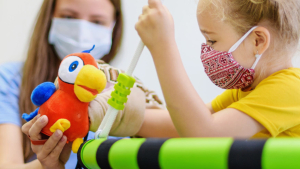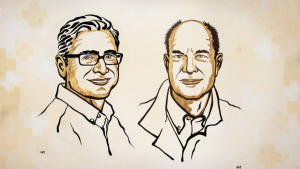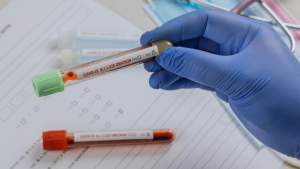The World Health Organization does not evaluate the outbreak of monkeys in more than 50 countries as a "emergency of international scope". This was announced by the UN Organization in Geneva on Saturday evening after consultations of an emergency committee, which had been convened out of concern about the infections. However, the committee wants to re -rate the situation quickly if the number of infections or the affected countries rises sharply if cases occur frequently under vulnerable groups or if the virus changes.
"I am deeply concerned about the spread of monkey pox, which has now been detected in more than 50 countries," said WHO chief Tedros Adhanom Ghebreyesus. There have been 3,000 cases since the beginning of May. In order to contain the outbreak, measures such as surveillance, risk communication, contact tracing, isolation, treatment and vaccinations need to be strengthened, he said.
The WHO followed the recommendation of the Emergency Committee Affenpox, which, although the "emergency character of the situation" found, but nevertheless did not see the criteria for an international health emergency. The independent experts from all over the world pointed out that cases in some countries had reached a plateau or possibly fell. In order to be able to assess the risk of public health, open questions about the virus, the infection paths and the range of symptoms would also have to be clarified.
The monkey pox, which was originally spread only in parts of Africa, has been spreading to more and more countries since the beginning of May. According to WHO figures, more than 3,200 confirmed infections have now been recorded in almost 50 countries, as well as one death. Mostly men are affected who have same-sex sex and have not been vaccinated against smallpox anymore because of their young age. This vaccination also protects against monkey pox. The emergency committee warned against discriminating against affected groups because this would only make it more difficult to combat monkey pox.
Meanwhile, Portuguese researchers found that the virus changes unusually quickly. The team led by Joana Isidro from the National Institute of Health in Lisbon has analyzed a total of 15 genome sequences, which mainly come from Portugal. As the group in »Nature Medicine« writes, the viruses probably developed from pathogens that circulated in Nigeria in 2018 and 2019. However, the younger virus copies showed around 50 differences in the genetic material. This is about six to twelve times more changes than one would expect during this period.
The high mutation rate is presumably partly due to a cellular defense mechanism, but there are also signs of an accelerated evolution of the virus and its adaptation to humans, the researchers write. To what extent these changes affect the transmissibility or the disease-causing properties of the virus is still unknown.









